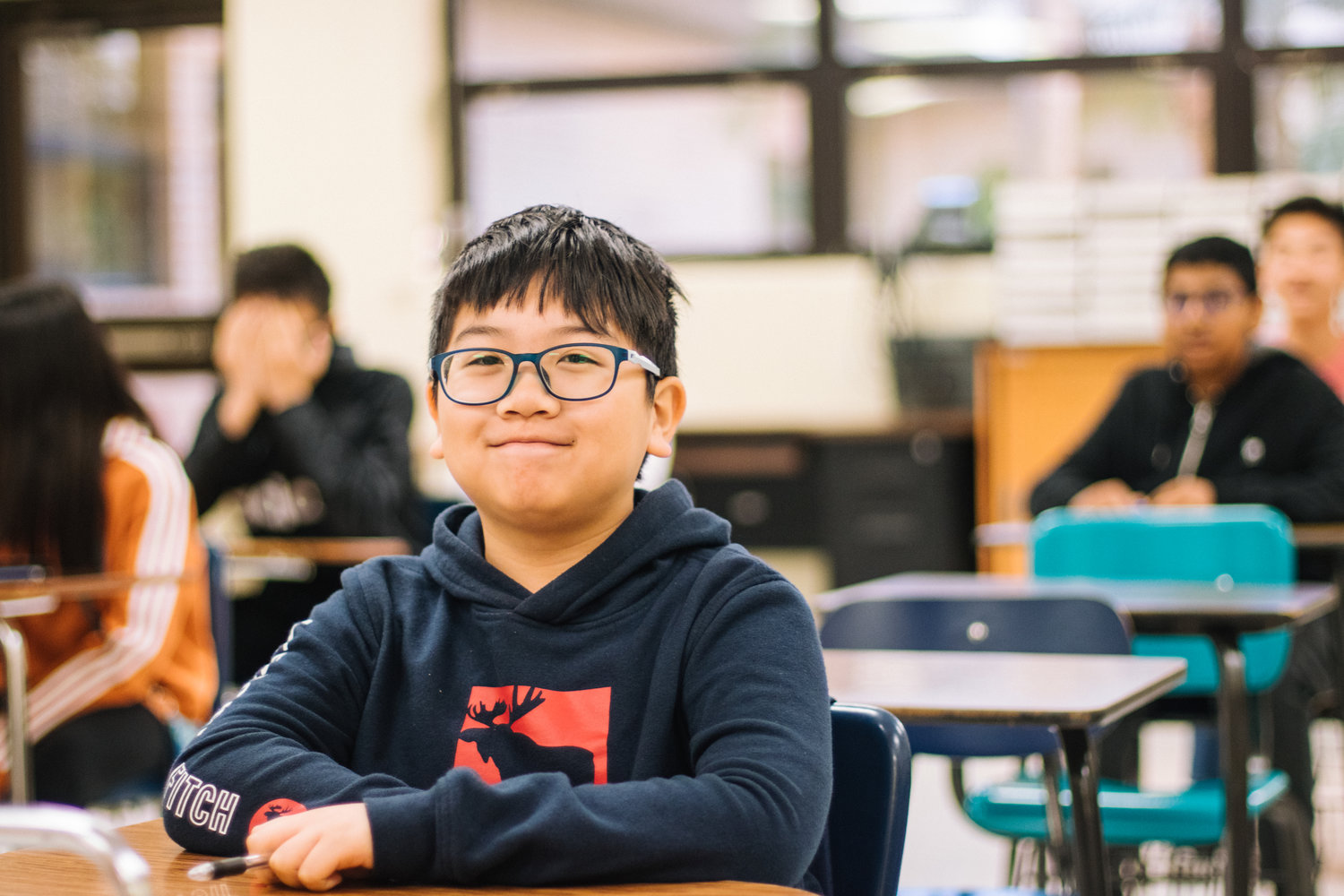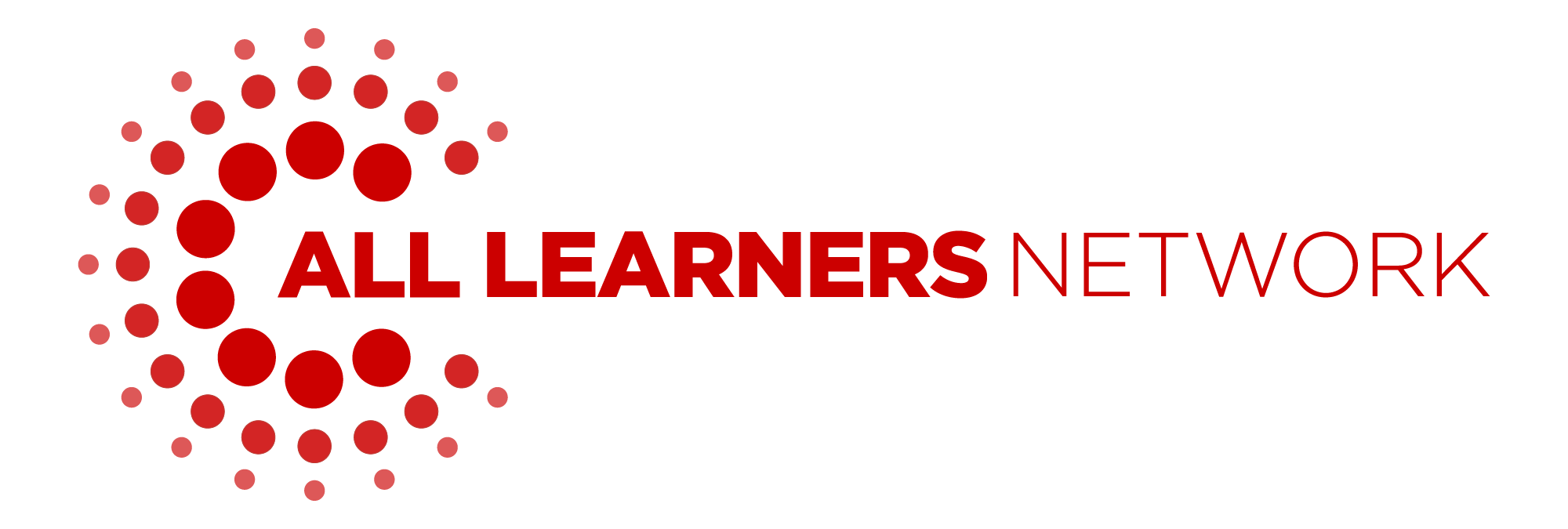
Why Math Menu Matters Even More Right Now

Published: Fall 2020
This school year has so many of us feeling like our first year teacher-selves, struggling with the work and effort that is required when you’re learning how to do something new.
It feels like we are facing more obstacles than solutions and more don’ts than do’s. It has brought us face to face with so many gaps, struggles, emotions, hardships, and inequities. As teachers who are on a mission to ensure all means all in our school buildings, we confront these struggles on a daily basis as we dive into the complex work of building trusting relationships with our students to help them grow to their full potential.
For me personally, this school year has catapulted me back in time to the beginning of my teaching career, facing a classroom full of children traumatized by the hardships of poverty, of Hurricane Katrina’s devastation, and of just being black in America. I’m reminded right now more than ever of all the lessons I learned from my students in New Orleans as I failed over and over again at being their teacher. Being reminded of what matters most on a mission for all students has me convinced that a math workshop model matters in our classrooms right now more than ever.
First and foremost, this school year has reminded me that the backbone of teaching is relationships. We learn from the people we have relationships with. The more trust we have in the relationship, the more open we are to learn from each other. You cannot ask for the level of risk and willingness to fail that real learning requires if you have not exchanged respect for each other in the relationship. The relationships we build in our classrooms and school buildings are the backbone of our teaching.
Secondly, this school year has reinforced my belief in the power of the 5 to 1 positive to negative ratio in establishing those positive relationships. Our students, our students’ families, and our colleagues are all in need of being seen and recognized for the hard work, effort, and perseverance they are bringing to school each day despite the challenges of this pandemic. Especially on the days we are failing big time, positive recognition and acknowledgement matters so we can keep moving through the struggle.
Finally, I’m reminded of the power of mindset and social emotional wellbeing in everyone’s growth journeys. A negative or fixed mindset or poor social emotional wellbeing can completely halt a student’s growth. Sometimes it halts them by impacting their motivation, attention, or behavior. Sometimes it halts them by changing their belief in themselves and what they think they are capable of. It is our job as educators to identify the challenges students face with their mindset and their social-emotional well-being. If we’ve done the work of building trusting relationships with our students, taking the time to see and recognize them (5 positives to 1 negative), then we can challenge them to do the hard work of confronting their fixed mindset or to have the courage to change habits that will impact their social-emotional wellbeing.
A math workshop model, with Math Menus for all students, helps us do all these things that matters most in our classrooms right now. The math workshop model prioritizes building those strong relationships with your students. I strive to create a classroom environment where every student in my classroom feels like I believe in them and they can trust me. My goal is for every student to know that I have incredibly high expectations of what they are capable of in their math and problem solving and that I believe in each and every one of them to meet those expectations. I build that culture in how I run my Launch and Main Lesson, asking all students to grapple with building their own understanding of grade level math concepts. I show them that I value their voices, their thinking, and their diverse strategies. I trust them with the math as a sign of respect in our relationship. Next, I build Math Menus for my students that further honor and reinforce my relationship with each student. In designing their Math Menus based on what I know about their strengths and their struggles, I’m honoring my students by giving them the power of choice and independence. I can use the choices they make, the effort they bring, and their willingness to take on challenges in their Math Menus as positive reinforcements in our growing relationship. If I’ve truly taken the time and effort to know where each student is in their own development of the High Leverage Concepts (HLCs), I can design purposeful Math Menu offerings and small group work that also allows me to help deepen students’ own growing identities with math. I can use Math Menu time to show and highlight their own growth and improvement in areas where they have struggled. The math workshop model strengthens and grows my relationship with each of my students.
In an exceptionally challenging school year, I’m holding tight to the practices I know will help me stay focused on my mission for all students. I believe that relying on a math workshop model and focusing on designing Math Menus for all students helps to keep me focused on what matters most.
I’m excited to share that there are a bunch of opportunities in the All Learners Network right now to help more teachers leverage the power of Math Menu in your own classrooms and schools.
What Now?
- Learn more about Math Menu and how it fits into a balanced math block in chapter two of our free book. Review some of our free Math Menu resources here.
- Read about encouraging playful productive struggle during Math Menu here.
- Bring All Learners Network (ALN) into your school or district for embedded professional development.



%20(32).png?width=352&name=Hero%20Images%20(WebsiteBlogEmails)%20(32).png)
.png?width=352&name=ALN%20Hero%20Images%20(8).png)
